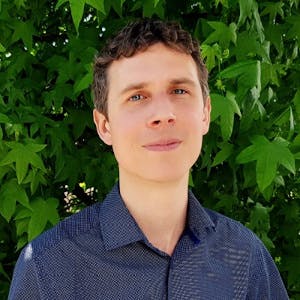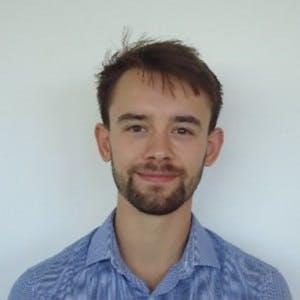The aviation industry is currently responsible for three percent of global CO2 emissions. To achieve the goal of climate-neutral aviation, it is essential to develop and implement new technologies that can reduce the carbon footprint of air travel. One promising solution is the use of hydrogen fuel cells as a propulsion system for aircraft. Simulation allows us to test and optimize the design of the propulsion system in a virtual environment, reducing the time and cost required to bring the technology to market. In this webinar, we will explore the use of simulation to develop a commercially viable hydrogen fuel cell propulsion system for aircraft.
Topics covered will include:
- The main advantages of hydrogen fuel cell compared to other approaches toward climate-neutral aviation
- The main challenges when it comes to the propulsion system
- Fuel cell system development – the multiple stacks balance of plant (BOP) which makes the fuel cell perform
- The use of Simcenter simulation technology to develop and optimize the design of the propulsion system in a virtual environment, reducing the time and cost required to bring the technology to market.
Vorstellung der Referenten

Jens de Boer
Simcenter Solution Manager für die Luft- und Raumfahrt
Jens de Boer ist leidenschaftlicher Luft- und Raumfahrtingenieur. In den vergangenen 14 Jahren bei Siemens hat er mit Luft- und Raumfahrtunternehmen zusammengearbeitet, um deren Simulations- und Testprozesse während des gesamten Entwicklungszyklus anzupassen und zu optimieren.

Stéphane Mouvand
Aerospace Business Development Manager, Simcenter System Simulation
Stephane worked for eight years in the Flowmaster group in technical and sales positions. In 2005, he joined LMS as a sales account manager for major aerospace customers in Paris and Toulouse and then joined the Aerospace Center of Competence. Since 2014, he has been part of Siemens Simulation & Test Solutions division in Lyon, leading aerospace and defense industry applications and business development for Simcenter system simulation software.

Tom Stokes
Project Engineer, Analysis and Simulation
Tom started his career with Ricardo in 2019 after graduating from Loughborough University with a master’s degree in Automotive Engineering. His studies there were primarily focused on engine performance simulation.
After university, Tom joined Ricardo in the Simulation and Analysis team, where his focus has increasingly shifted towards the use of hydrogen both as a fuel for internal combustion engines and hydrogen fuel cells.
